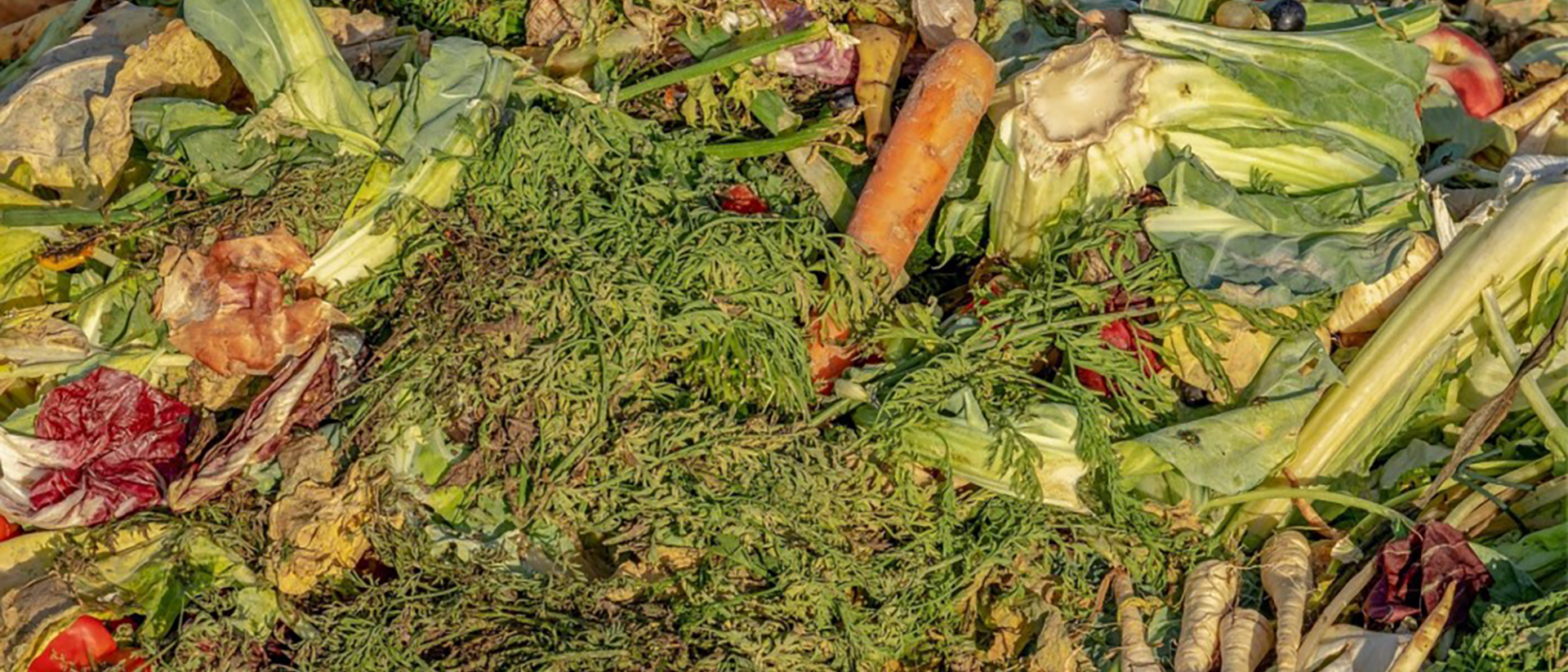- Government have today published their post consultation response on Simpler Recycling;
- The REA warmly welcomes this news, particularly as industry has been awaiting further information from government for over two years;
- These long-awaited proposals on standardising recycling services include planned implementation dates for when food and garden wastes must be collected from households and for business food waste collections;
- Treating food and garden wastes by organically recycling them is “a win-win” says the REA.
The REA (Association for Renewable Energy and Clean Technology) welcomes today’s publication of government’s long-awaited post consultation response on Simpler Recycling (previously known as Consistency in Household and Business Recycling in England).
The response includes the planned implementation dates for when food and garden wastes must be collected from households and for business food waste collections, enabling Local Authorities to charge for garden waste, along with a proposal to allow some materials to be collected together.
Jenny Grant, Head of Organics and Natural Capital at the REA (Association for Renewable Energy and Clean Technology) said:
“The REA welcomes the Government’s post-consultation response on Simpler Recycling (previously known as Consistency in Household and Business Recycling in England). Our members have been awaiting further information from government for over two years, so it is very positive news.”
“Government’s planned implementation dates for when food and garden wastes must be collected from households and for business food waste collections, although later than originally planned, now give certainty to industry to ensure we are making the most of these valuable bioresources and their contribution to meeting the Net Zero targets. We have had members with projects on hold, so the publication of planned implementation dates will aid businesses and local authorities, to make progress with their plans.
“Treating food and garden wastes by organically recycling them is a win-win. It enables the production of renewable energy (electricity, heat, gas and transport fuels), reduces biowaste-driven emissions from landfill, reduces contamination of other recycling streams, enables the production of biofertilisers and soil improvers to benefit soils, reduces the need for fossil-derived fertilisers and can partially replace peat in growing media.
“We also welcome the new consultation on the additional policies, and we look forward to working with members and Government to provide further comments on the statutory guidance including allowing co-collection of suitable waste types without submitting a justification in writing.”

